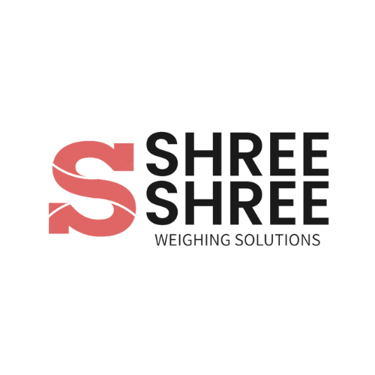NABL Certification vs Non-Certified Calibration: What’s the Difference?
Calibration is essential for accurate weighing, but not all calibration services are equal. Some businesses opt for non-certified calibration to save costs, while others invest in NABL-certified calibration for compliance and reliability. But what exactly sets them apart? This blog breaks down the key differences between NABL-certified and non-certified calibration — and why certified services are critical for businesses using weighing machines for trade or regulatory purposes.
8/2/20251 min read


What is NABL-Certified Calibration?
NABL-certified calibration is performed by laboratories accredited by the National Accreditation Board for Testing and Calibration Laboratories (NABL). These labs follow ISO/IEC 17025 standards, ensuring:
Calibration traceable to national and international standards.
Recognition by government authorities and auditors.
Compliance with the Legal Metrology Act and other regulations.
What is Non-Certified Calibration?
Non-certified calibration is carried out by service providers who do not have NABL accreditation. While they may perform basic adjustments, their calibration:
Is not legally recognized during audits or inspections.
Lacks traceability to national or international standards.
Cannot be used for government tenders or export documentation.
Key Differences: NABL vs Non-Certified Calibration
1. Legal Compliance
NABL-Certified: Fully compliant with government regulations and accepted in audits.
Non-Certified: Not valid for legal metrology or audit requirements.
2. Traceability
NABL-Certified: Traceable to certified weights and international standards.
Non-Certified: Lacks formal traceability; may vary between providers.
3. Industry Recognition
NABL-Certified: Required by most industries, including pharma, food, and logistics.
Non-Certified: Not recognized for tenders or international trade.
4. Credibility
NABL-Certified: Enhances brand trust and customer confidence.
Non-Certified: Can lead to disputes or mistrust in weight-based transactions.
Why NABL Certification is Worth It
While non-certified calibration may seem cheaper initially, it poses risks:
Legal penalties for non-compliance.
Loss of business opportunities (tenders, exports).
Increased disputes and potential reputational damage.
NABL certification is an investment in compliance and trust that pays off in the long term.
Why Choose Shree Shree Weighing Solutions?
We specialize in NABL-certified calibration services across India, offering:
Government-approved certificates accepted nationwide.
Quick turnaround and on-site calibration options.
End-to-end support, including documentation and renewals.
Experience serving industries with strict compliance needs — from retail to heavy manufacturing.
Conclusion
The difference between NABL-certified and non-certified calibration is clear: credibility, compliance, and trust. For businesses serious about accuracy and legal obligations, NABL certification is the only viable choice.
Need NABL-certified calibration for your weighing machines?
Partner with Shree Shree Weighing Solutions for Pan-India, government-approved calibration and certification services.
